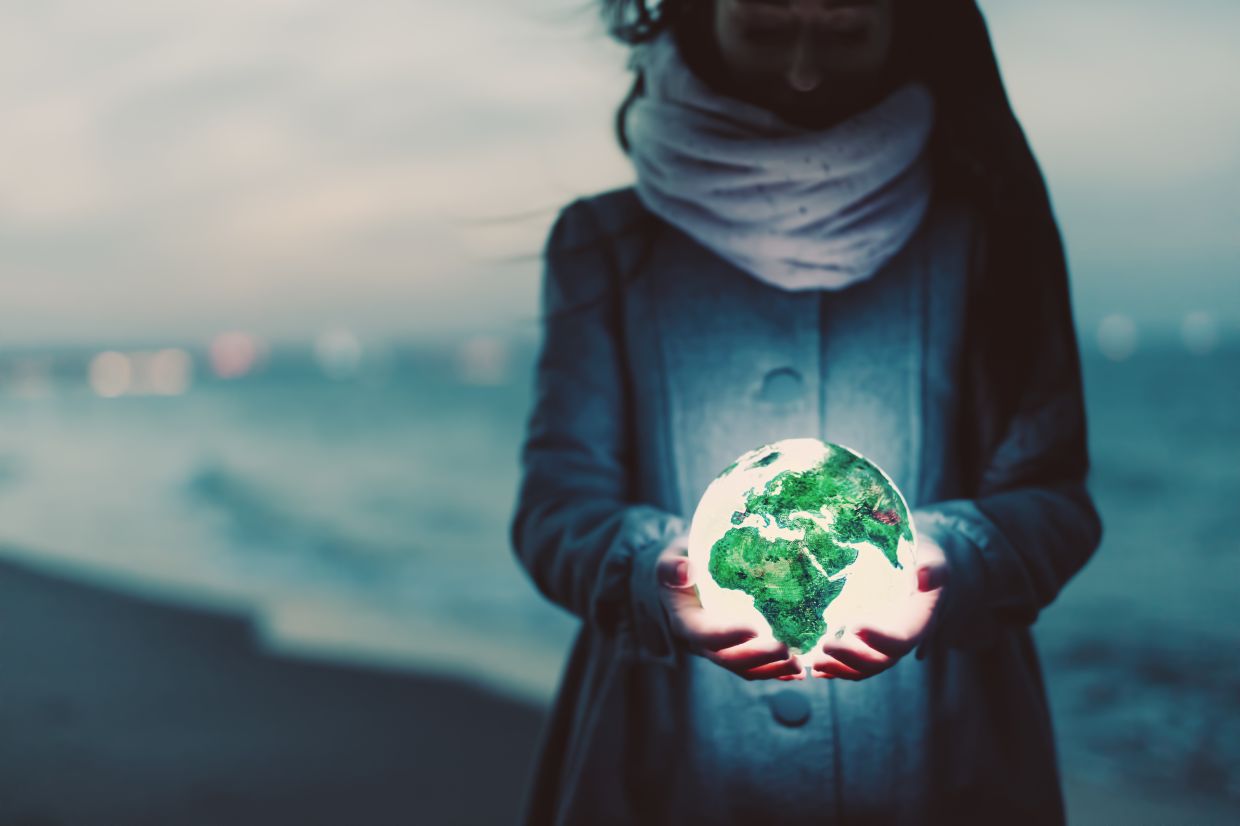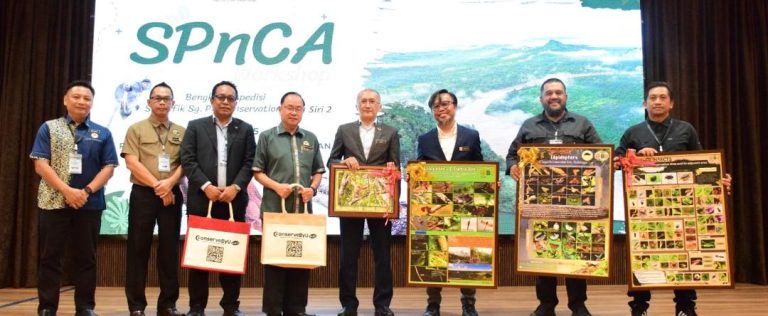Source: The Star / 23 March 2024
AS many of us immerse ourselves in the profound observance of Ramadan, anticipate the forthcoming Easter, and recognise the rich traditions of Buddhism and Hinduism, I wanted to share a few thoughts on the connection between faith and planetary health.
These sacred occasions spanning diverse religious traditions invite believers to reflect on our roles as stewards of the Earth and to take meaningful action to preserve its fragile ecosystems.
During the holy month of Ramadan now, Muslims engage in fasting, prayer, and acts of charity. Ramadan serves as a time for introspection, self-discipline, and heightened spiritual awareness. It reminds Muslims of the importance of compassion, empathy, and solidarity with the less fortunate.
Within the teachings of Islam, there is a profound respect for the Earth and all its inhabitants. Believers are called to be custodians (khalifah) of the Earth, tasked with its care and preservation. The Prophet Muhammad (peace be upon him) emphasised the value of environmental conservation and cautioned against wastefulness.
In Christianity, the Easter season commemorates the resurrection of Jesus Christ and signifies hope, redemption, and renewal. It is a time for believers to reflect on the transformative power of love and forgiveness.
Christians are called to emulate the compassion of Jesus Christ, who embraced all of creation with boundless love. Pope Francis, in his encyclicals Laudato Si’ and subsequent Laudato Diem, underscores the interconnectedness of social, environmental, and economic issues, calling for an integral ecology rooted in respect for the Earth and concern for the most vulnerable.
In Buddhism, the concept of interconnectedness (pratityasamutpada) underscores the inseparable link between all beings and the environment. Buddhists recognise the interdependence of all life forms and the importance of living in harmony with nature.
The teachings of Buddhism emphasise mindfulness, compassion, and non-harming (ahimsa) towards all sentient beings, including the Earth itself. Buddhist practice involves cultivating awareness of our actions and their impact on the world around us, fostering a sense of responsibility for the well-being of the planet.
Similarly, Hinduism espouses a profound reverence for nature, viewing the Earth as a manifestation of the divine (Bhumi Devi). The concept of dharma (right way of living) underscores the duty of humans to uphold righteousness and maintain the balance of the cosmos, including the preservation of the environment. Hindus recognise the sacredness of all living beings and the interconnectedness of life.
As we draw inspiration from our respective faiths, it is timely that we remember the role we are called upon to play in environmental stewardship with renewed urgency and commitment. The protection of the Earth is not merely a moral obligation but a spiritual imperative that transcends religious boundaries. Regardless of our religious affiliations, we share a common humanity and a common home.
In addition to the logical imperative for each of us to play our part in being responsible planetary citizens, we should remember that the fight for environmental justice is inseparable from the struggle for social justice. The impacts of environmental degradation disproportionately affect marginalised communities, exacerbating inequalities and injustices. People of faith are called to stand in solidarity with the most vulnerable and work towards a more just and equitable world for all.
And as Aidilfitri and Easter approach, we should be mindful of how much we consume in celebrations, ensure that we think about the amount of waste we are generating, and how much of the planetary abundance that we have is being squandered.
This requires mindfulness, a recognition of the impact that humanity’s presence is having on the planet and the part that we as individuals, families, communities and countries play in that, and a recommitment to assuming our roles as responsible custodians of the planet we all share.
In embracing the unity of faith and the diversity of religious traditions, we can forge a path towards a more sustainable and compassionate world.
As we celebrate our religious observances, let us reflect on the words of the Dalai Lama: “It is our collective and individual responsibility to preserve and tend to the world in which we all live.” And also one of my favourite teachings of the Prophet Muhammad (peace be upon him), that “if the (Day of) Resurrection were established upon one of you, and in his hand is a sapling, then he should plant it”.
I am looking forward to further dialogue and action on the margins of the forthcoming Planetary Health Summit next month, when multifaith leaders from the nation and region will convene to discuss the importance of faith for our planet’s health and to develop a planetary health toolkit for all faiths.
If all faith sermons reminded believers of the importance of safeguarding the health of the planet, greater appreciation for the links between our planet’s health and our own health would be reinforced and we could all strive for a safer, healthier world together.
It is my sincere hope that we can start the process of turning imagination into reality at the Planetary Health Summit; for more information go to pham2024.com.
Dr Jemilah Mahmood, a physician and experienced crisis leader, was appointed the executive director of the Sunway Centre for Planetary Health at Sunway University in August 2021. She is the founder of aid organisation Mercy Malaysia and has served in leadership roles internationally with the United Nations and Red Cross for the last decade. She writes on Planetary Health Matters once a month in StarEcowatch. The views expressed here are entirely the writer’s own.






